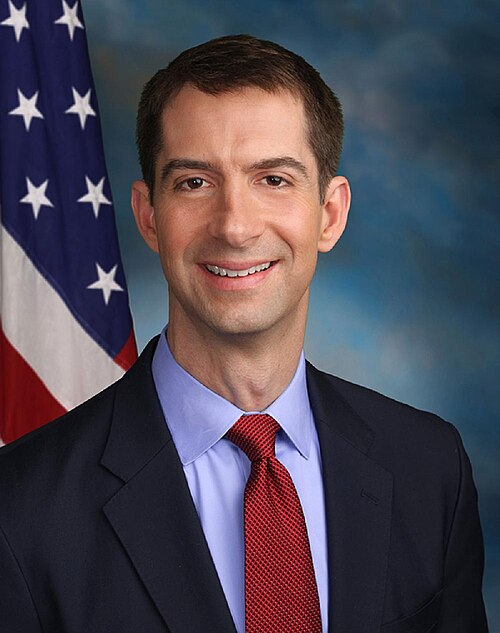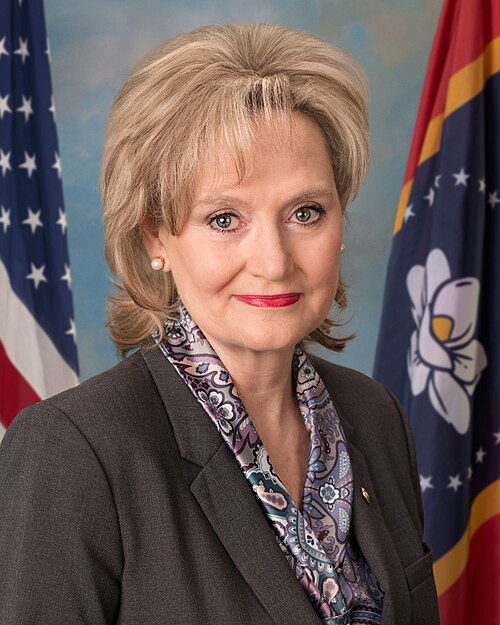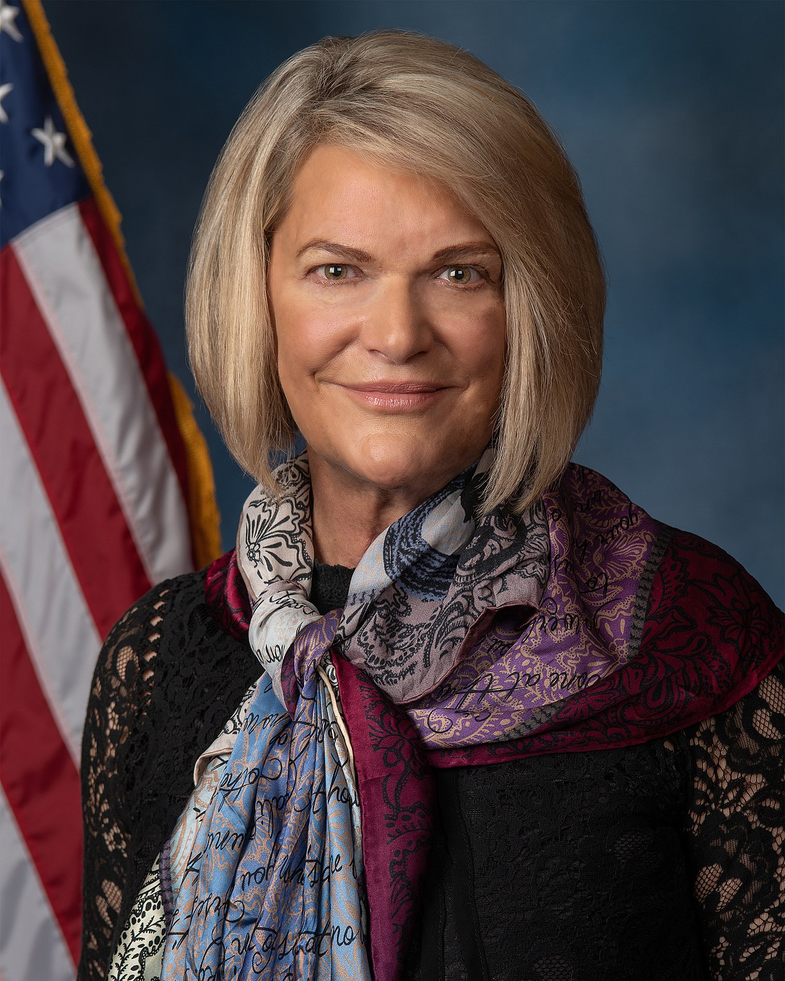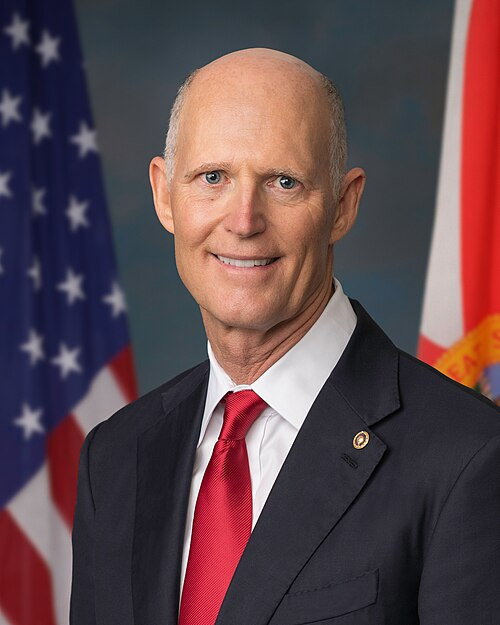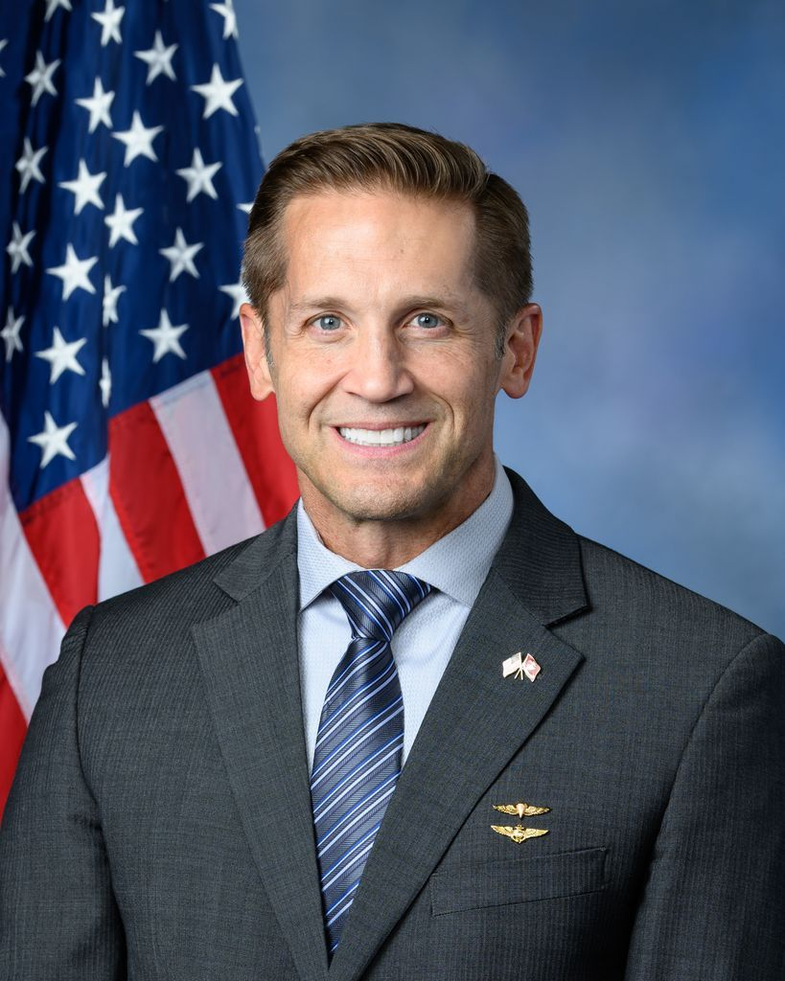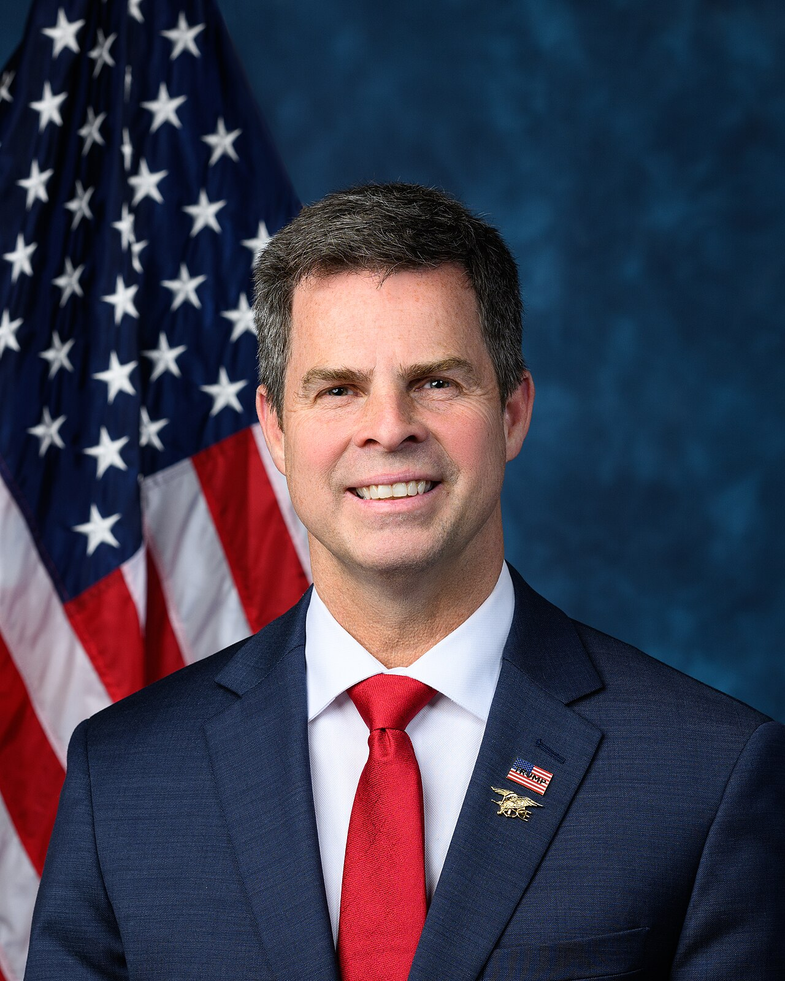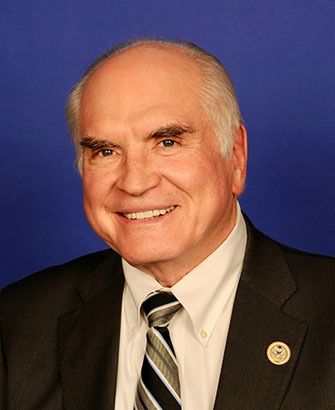S. 2433: Neonatal Care Transparency Act of 2025
This bill, titled the Neonatal Care Transparency Act of 2025
, aims to establish clearer guidelines and requirements for hospitals and healthcare providers regarding the care provided to premature infants. Its key provisions include the following:
Purpose
The primary goal of the bill is to ensure that parents of premature infants are informed about the medical policies of hospitals concerning life-saving care. It addresses concerns that different hospitals have varying practices regarding resuscitation and care for babies born at very early gestational ages.
findings
Congress has highlighted several findings:
- Hospitals vary in their capabilities to provide resuscitation for premature babies.
- Parents often arrive at neonatal intensive care units (NICUs) expecting life-saving care, only to discover that it may not be available for babies born before a certain gestational age.
- Some hospitals do not provide intensive care for infants born before 22 weeks, while others may offer care for most babies born alive.
- Better neonatal outcomes are associated with centers that actively provide life-saving treatment.
- Transparency regarding policies is necessary for parents to make informed decisions and to ensure high-quality medical care.
Disclosure Requirements for Hospitals
The bill mandates that all hospitals must publicly disclose their policies on providing life-saving care to infants born prematurely. Specifically, the requirements include:
- Whether there is a minimum gestational age for providing life-saving care.
- If care decisions are made on a case-by-case basis.
- The process for transferring infants and their mothers to a facility capable of providing necessary care if the hospital is not equipped to do so.
Disclosure Requirements for Practitioners
Healthcare practitioners, including obstetricians, are required to share similar information with patients during their first prenatal visit. They must inform patients about:
- The minimum gestational age for life-saving care at the hospitals where they have admitting privileges.
- The case-by-case decision-making process for providing care.
- The transfer process for premature infants when appropriate care is not available at their facility.
Impact on Federal Healthcare Funding
The bill highlights that hospitals and obstetric service providers that do not comply with these disclosure requirements may face penalties. Specifically, the bill prohibits federal funding under Medicaid and CHIP (Children’s Health Insurance Program) for hospitals that do not meet the outlined disclosure regulations. The provisions related to funding will take effect 180 days after the bill is enacted.
Amendments to Existing Laws
The bill aims to amend existing sections of the Social Security Act to incorporate these new disclosure requirements, ensuring they are integrated into current healthcare policies.
Implementation Date
The new requirements are set to begin on January 1, 2026, allowing some time for hospitals and practitioners to adjust their practices and comply with the new laws.
Relevant Companies
- HCA Healthcare (HCA) - As a large hospital operator, HCA Healthcare may need to reassess its disclosure practices and policies across its facilities to comply with the new requirements.
- UnitedHealth Group (UNH) - As a major health insurance company, UnitedHealth may need to adapt its policies regarding coverage and reimbursement based on hospitals' adherence to these new disclosure requirements.
- Teva Pharmaceuticals (TEVA) - As a provider of neonatal medications, Teva may see an increased demand or need to provide information about its products in accordance with the enhanced transparency objectives outlined in this act.
This is an AI-generated summary of the bill text. There may be mistakes.
Sponsors
4 bill sponsors
Actions
2 actions
| Date | Action |
|---|---|
| Jul. 24, 2025 | Introduced in Senate |
| Jul. 24, 2025 | Read twice and referred to the Committee on Health, Education, Labor, and Pensions. |
Corporate Lobbying
0 companies lobbying
None found.
* Note that there can be significant delays in lobbying disclosures, and our data may be incomplete.
